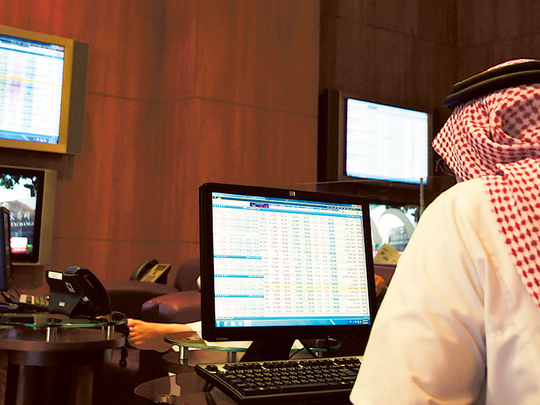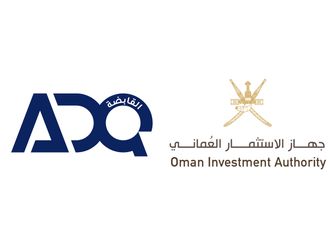
Dubai: Saudi stocks are expensive compared to UAE or Qatar and investors should refrain from buying them unless there is some more correction, analysts said.
The Tadawul All Share TASI index almost doubled in the seven years until 2014 to be at around 11,000 levels, but fell a fifth after oil prices declined more than 50 per cent. Despite this, Saudi index has been the best performing index in the Gulf region so far in the year with 10 per cent gains.
“Saudi markets have corrected a bit but not much, the local investors are expecting further correction. If this happens, and if there is a correction of another 3-4 per cent we might see interest return,”
Mohammad Shabbir, head of equity funds and portfolios at Rasmala Investment Bank.
“Saudi Arabia is a lot expensive compared to UAE and Qatar, but the real competition is not with the UAE or Qatari markets, but with the broader emerging markets since they have corrected a lot,” Shabbir said.
Saudi Arabia is trading at 18 PE multiple compared to 15.5 PE historically, even when it used to trade at a premium compared to emerging markets, analysts said.
Shabbir said banks and petrochemical sectors are cheap, though sectors such as food, consumer discretionary and retail items are expensive. Going forward, investors should wait for the results, and accordingly take an exposure in the company.
“The first quarters results were very soft and we expect some improvement in the second quarter. Fundamentals are under pressure across the board. Banks are holding up quite well, for other companies costs are increasing and margins are under pressure. We will see which companies are holding up.” Shabbir said those are the companies he would go for.
Interest
Post the opening up of Saudi markets, analysts expect to see foreign interest over the medium to long term.
“The impact of the Saudi opening would be felt over the medium term than immediately. The fact that investors are able to access a market as big a Saudi Arabia is definitely positive, but we don’t expect the rebalancing of portfolios to happen immediately or even over the next several quarters,”
Biswajit Dasgupta, chief investment officer of Treasury at Emirates Investment Bank told Gulf News.
On June 15, Saudi Arabia opened its $590 billion (Dh2.2 trillion) stock market to international investors, and became one of the last countries in the Group of twenty to open its equity markets for foreign investors.
Positive on UAE
“The fundamentals of the UAE are still positive, if the oil price remains subdued over the medium term there would be a little bit of pressure, there would be support from the repeated clarifications from the government that spending won’t slow down,” Dasgupta said.
EIB is a little less positive on banking, but not negative because of an expected rate increase in the United States.
“Rate rises do tend to come through then cost of funds for banks might go up slightly, as banks are a little cautious of lending, so our base case is in high single digits as opposed to a double digit growth. There would be a catch up rally towards the end of the year,” Dasgupta said.
However, Dasgupta does not expect a blockbuster year for regional equities like what happened in 2013.
Positive on equities
“Equities are entering into a more positive environment. Earnings numbers might get better as growth picks up. We are generally quite positive about European economies, and US corporate debt space, and there would be volatility due to the Greece situation,” Dasgupta said.
US is priced at 16 times earnings and Europe is priced at 14 times, he added.
“We do feel that there would be allocation to assets that could benefit from that volatility like hedge funds, where investors should look at investing up to 10 per cent of their portfolio,” he added.
EIB is overweight on developed market equities, and expects a lag n returns in emerging market equities as it takes time to adjust to a strong dollar.











